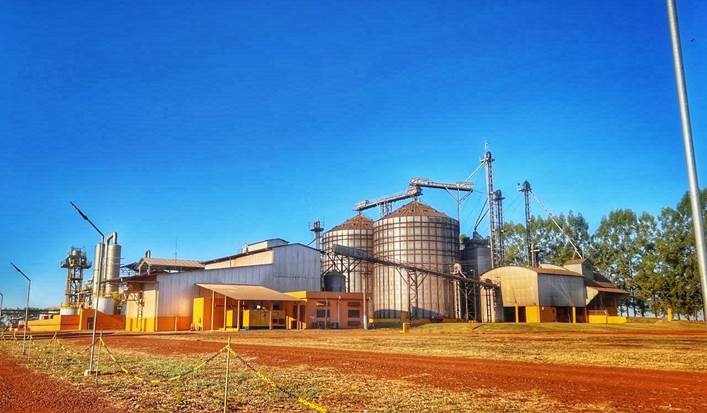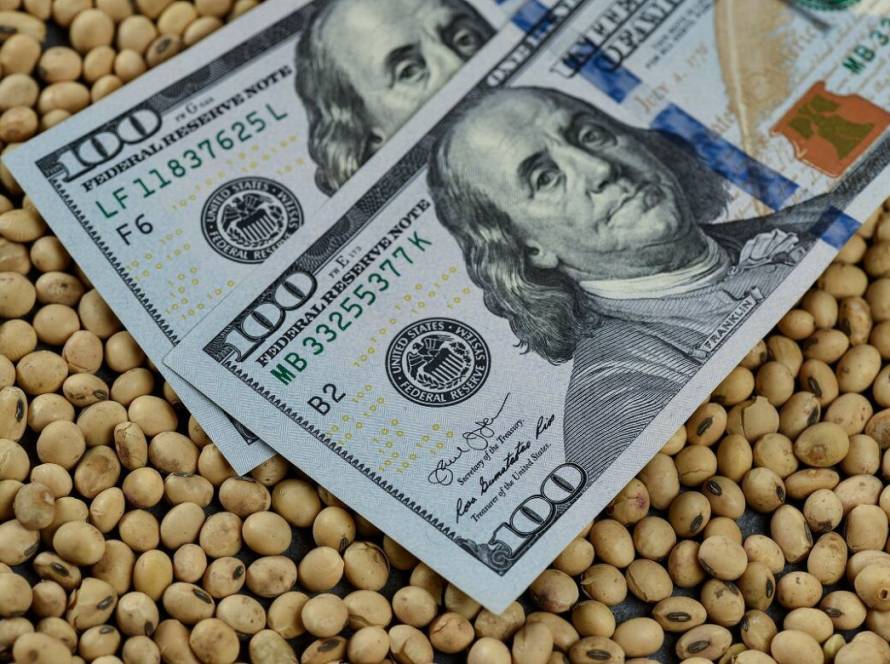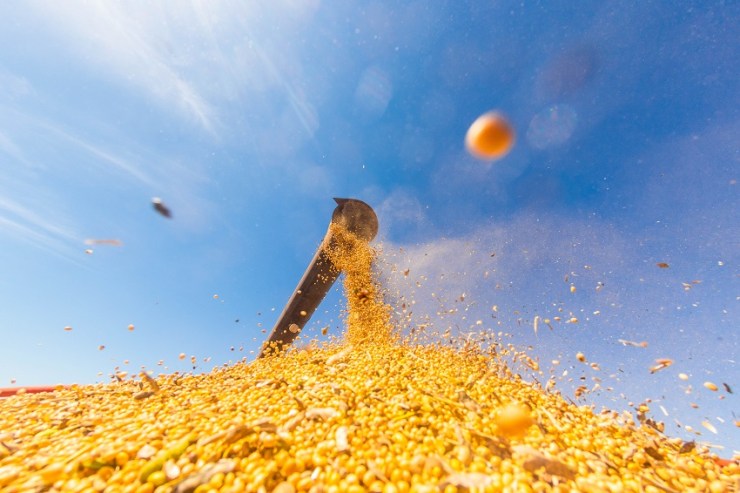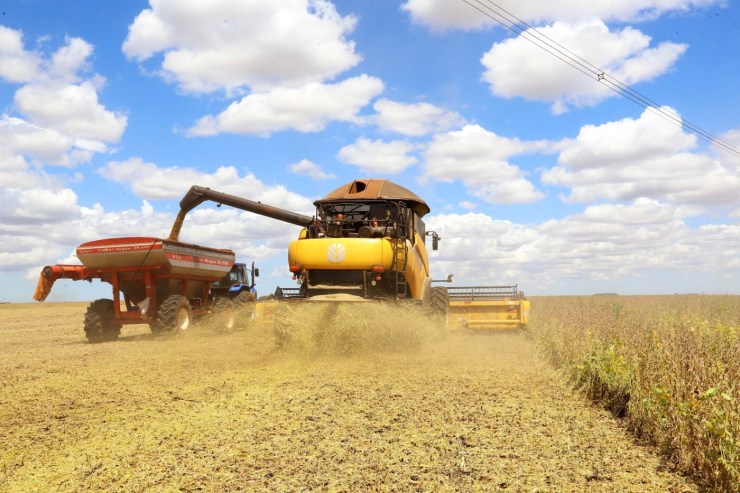The Brazilian Cerrado has undergone a transformation in recent decades, ceasing to be a region of extensive livestock farming and subsistence agriculture to become a tropical agricultural belt that accounts for 60% of Brazilian grain, sugar, ethanol and beef production. Agricultural engineer Sebastião Pedro da Silva Neto has followed much of this trajectory as a rural producer and as a researcher at Embrapa Cerrados, where he joined in 2008, until he became the general manager and the institution's Innovation and Business Secretariat. With a Master's degree in Genetics and Plant Breeding and a PhD in Agricultural Biotechnology, he understands that one of the main challenges for agribusiness is improving soil quality. “It is the most efficient way to increase sustainability,” he assures.

Photo: Shutterstock
Dividing his time between his work at Embrapa and grain production in Ipameri, Goiás, he adopted precision agriculture and uses millet and Brachiaria ruziziensis as soil cover in the winter in order to make agricultural production more sustainable. As a genetic breeder since 1992, Sebastião Pedro has worked on developing solutions to increase nitrogen and phosphorus fixation, and on the use of biofertilizers and biodefensives in plants.
Catalan
With the arrival of C.Vale in Catalão, in the interior of Goiás, at the end of 2024, Sebastião Pedro will start supplying soybean seeds to the cooperative. “I responded to C.Vale’s invitation with the aim of collaborating with the aggregation of value and economic and social growth of the region”, he explains. Combining his experiences as a seed producer since 2003 and as a researcher, he understands that the main focus of companies should be on maintaining the genetic and physiological quality of soybeans. For a country so intensely affected by droughts in the last five years, he reveals that Embrapa is working on developing cultivars that are more tolerant to dry periods.
Sebastião Pedro cultivates 500 hectares of his own land and another 650 hectares of leased land. He farms 1,150 hectares of soybeans in the first harvest and 500 hectares of corn in the second harvest. He also grows sorghum to feed his beef and dairy cattle. The average soybean yield in recent years has varied between 60 and 65 bags per hectare.





